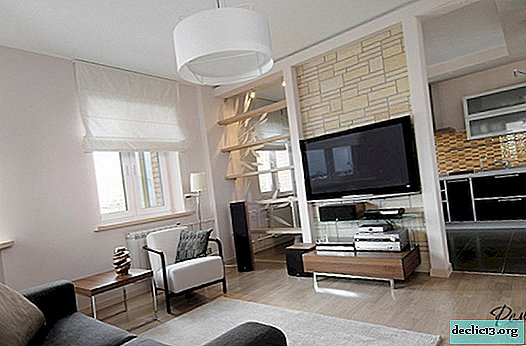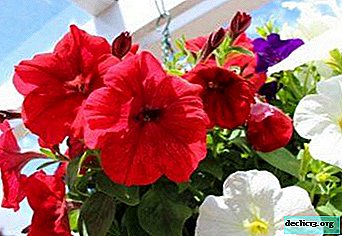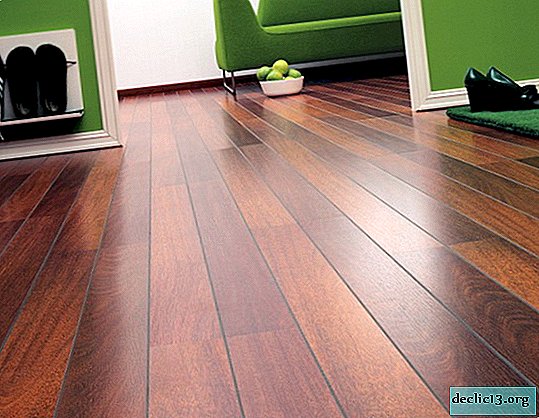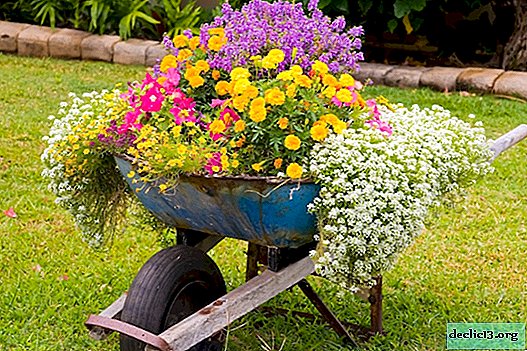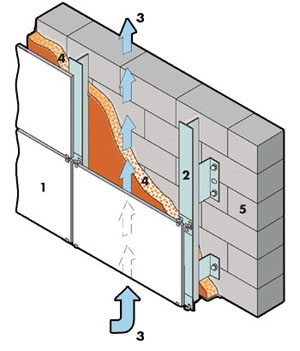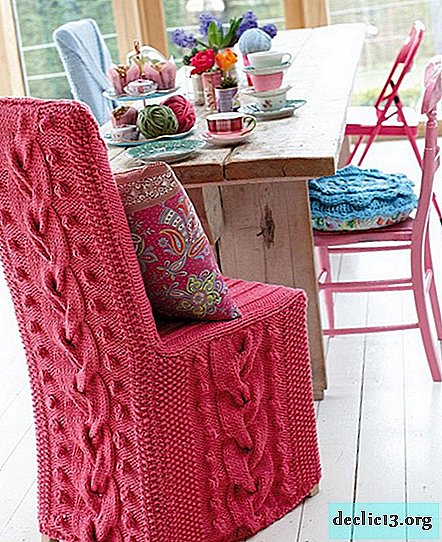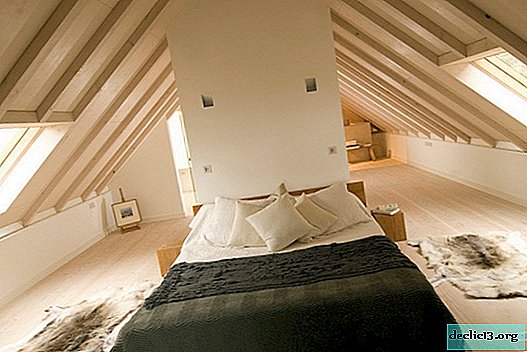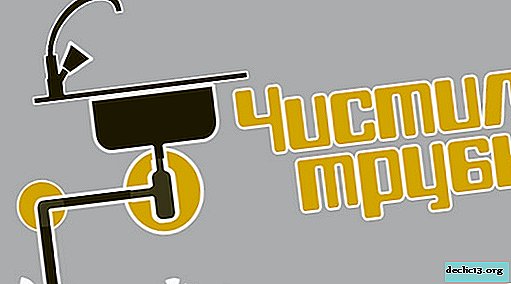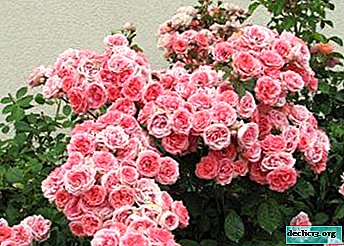Features of locker rooms, an overview of models
Nowadays, a huge amount of furniture for storing clothes and equipment is presented on the market. All of them have their own characteristics and differ in the material of manufacture, size, functionality. One of these types of furniture are locker rooms, which are very popular.
Purpose and features
Lockers for changing rooms can be seen in many public organizations. Cabins are needed if changing clothes is a production necessity or you need to leave things for storage for a while. A variety of models of such lockers can be seen in gyms, palaces of culture, shops, kindergartens, schools. In accordance with the standards, products are installed in which visitors, a team of athletes leave their clothes. Children also use the locker room; they store their things there. There are many models suitable for shops and supermarkets. In addition, wardrobes are used in recreational areas, in production, where people need to change into working clothes, and leave their storage until the end of the working day.
Furniture for sports locker rooms is incredibly comfortable. Each person has his own wardrobe. They even make special command booths, the number of which depends on the number of athletes. When such pieces of furniture did not exist yet, things were stored in a common locker room on one large hanger. This is extremely inconvenient, since I had to spend a lot of time searching for my clothes. The problem was solved with the advent of individual stripping drawers.
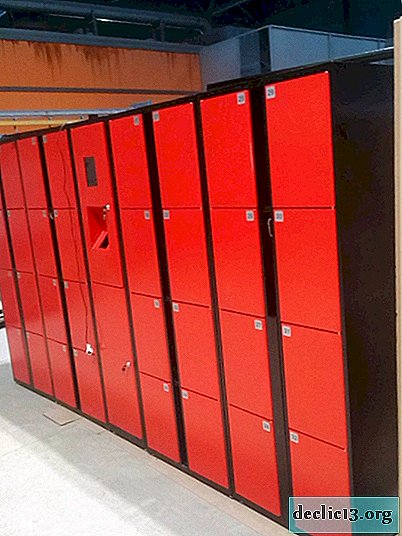




Varieties of designs
Lockers for changing rooms are different and differ in the material of manufacture, the presence of a different number of sections, tiers. Cabin sizes can be standard, and some models are custom made.
By type of construction
By type of construction, locker rooms are divided into 3 types:
- welded;
- national teams;
- modular.
The first type includes products during the production of which spot-type welding is used. Thanks to this method of assembly, the products are immediately assembled. Welded cabinets are distinguished by the following features:
- practicality;
- strength;
- long service life.
Prefabricated models can be presented disassembled. They are often used during transportation. The models are especially convenient, as they can easily be mounted on site. They are fastened with screws, staves. Already assembled cabinets are ready for use immediately after installation in the right place.
Modular products include a continuous line of cabinets. Transport them only disassembled. During assembly of the modular cabin system, special rivets are used. The two-section locker room is assembled in turn. First you need to make the first section, then proceed to join the second part. Often, a modular type of model is acquired for team locker rooms.
 Modular
Modular National teams
National teams Welded
WeldedBy the number of wings
In addition, locker rooms can have a different number of leaves. Depending on this, they are one, two, multi-winged. Products with 2 sections are mainly used by two people. But there are times when a 2-tier wardrobe is also suitable for one. Each door has its own individual key. A cabinet for locker rooms with a single sash of a modular type is usually produced for school, kindergarten. Such 2-tier cabins are convenient when used by a large number of people. All cabinet doors are locked. Each cabinet has an individual key.
By type of locks
The closure system for locker cabinet doors is different. Types of locks:
- mortise;
- mounted;
- electronic.
A common option is the bolt lock device. When it is necessary, using the key to open, move the bar over the cabinet rack. A padlock is more suitable if you need to close it for a long time. That is why this kind is used quite rarely.
To open the electronic lock, you will need a special magnetic key card. Such designs work on batteries or batteries. Cabs with electronic locks are highly protected, since magnetic keys are suitable only for a specific box.
 Mortise
Mortise Mounted
Mounted Electronic
ElectronicAccording to the material of manufacture
Most often there are locker rooms made of chipboard, metal and natural wood. Cabinets from chipboard, chipboard are considered an economical option, since their cost is low. They are suitable for any type of room, provided there is no increased humidity. Products of attractive appearance, convenient, practical.
In addition to chipboard, for rooms with high humidity suitable products made of plastic. Plastic lockers made of HPL (monolithic plastic) withstand the effects of aggressive environments. Also, a plastic cabinet is highly reliable and convenient.
Metal lockers have several advantages:
- durable;
- reliable;
- are inexpensive.
Metal products have been used for many years. Most suitable for storing clothes of a sports team. Facades of products can be from chipboard. In rooms with high humidity, it is recommended to select products that have moisture resistant qualities. The best option would be products from moisture resistant MDF. There are also models whose facades are covered with plastic.
 Wooden
Wooden Metal
Metal Chipboard
ChipboardInterior fittings
Locker rooms are equipped with doors that open 180 degrees for convenience. If you carefully inspect the product, you can replace the ventilation holes necessary for the natural circulation of air. Especially often, such products are used in the gymnasium and in industrial premises.
The following items are considered to be standard content:
- compartment on top - it is used to store shoes, accessories;
- middle compartment - has rods where the shoulders are located, necessary for placing clothes;
- the bottom is strong enough and able to withstand heavy elements;
- key on the inside of the door. In some models they are also available.
Lockers are needed for safer, more careful storage of different types of clothes. To do this, it is recommended to correctly divide the product into compartments for the location of things and accessories in them.
Thus, the locker room furniture is ideally divided into 2 zones. The first is occupied by outerwear, and the second by the main one. The most successful option for these purposes is a two-section model. The best way to arrange things in cabinets in locker rooms:
- a compartment with pants is suitable for storing outer clothing;
- basic items can be placed on the top shelf;
- shoes are placed on the bottom;
- hooks are used for towels or other items.





Shapes and sizes
Locker rooms are available in different sizes, in addition, there is the possibility of manufacturing them to order, taking into account individual preferences, features. Dimensions of a standard metal cabinet:
- height - 186 cm;
- width - 30-90 cm (depends on the number of sections);
- depth - 50 cm;
- weight - 20-70 kg.
The width of one section is basically 30 cm, the two-section cabinet will have a width of 60 cm, the three-section cabinet - 90 cm. As for the height, it should be quite roomy. Lockers in a children's locker room, for example for kindergartens or schools, should be much lower. The main thing is that the child can reach the upper compartment and easily fold and remove his things from there.
The color scheme of the booths is different. Gray is often used in combination with any other color. The shape of the products is usually rectangular elongated. But there are also original Z-shaped models. Children's booths are better to choose bright, colorful. You can also decorate the facade with pictures, letters.




Nuances of choice and placement
When choosing cabins for storing things, the following criteria must be considered:
- material of lockers - it depends on the type of room in which the cabins will be placed. Kindergarten and school can be equipped with wooden cabins or chipboard. Wooden cabinets are most suitable for these purposes. In a locker room with high humidity, it is recommended to install products from plastic, metal;
- reliability - so that the owner does not worry about the contents of the cabinets, they must have high-quality locks;
- sizes - they must be taken into account when choosing locker rooms. To avoid problems, it is recommended to know in advance the dimensions of the room in which the cabins will be installed;
- safety - when choosing lockers, it is necessary to carefully inspect products, they must be made with high quality, without chips, cracks, dents. This criterion is especially important when choosing booths for child care facilities.
In addition, the locker room with storage cabinets should be comfortable. Cabins are equipped with different elements depending on the functionality. If it is necessary to store outerwear in cabinets, it is recommended to pay attention to the products in full length. In hospitals and food businesses, booths must have two compartments separated from each other. In one, everyday things are stored, in the other - overalls.
For schools, lockers from chipboard are suitable, where children can store personal items, textbooks. When choosing cabinets for kindergartens, it is recommended to pay attention to the external design. Several wooden drawers or booths made of bright color chipboard will attract the attention of children. The dimensions of the products in this case should be smaller, since the kids simply can not get to the shelves, hooks.
The cabins are placed in different ways, based on existing standards. It can be a “G” shaped arrangement. In this case, you need to consider the distance between the products in the corner, where at one time two people can not change clothes. Lockers are also installed along the entire length of the walls. Depending on the distance from one wall to another, pick up cabins of a suitable size.
Place in two ways:
- acquire two-section models in assembled or disassembled form. Set along the entire length of the wall. If the last cabinet is not included, purchase a single-section;
- the second option is the installation of modular cabinets, forming a common design. They gather immediately on the spot.
Video
Photo


























